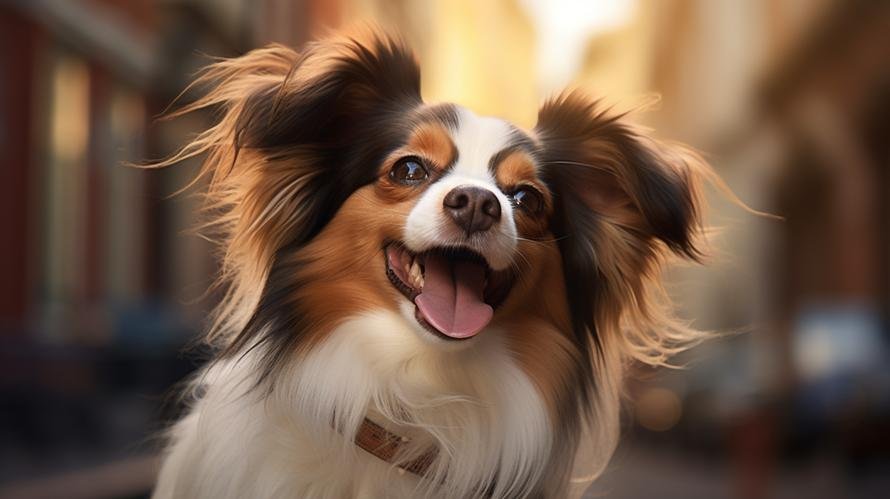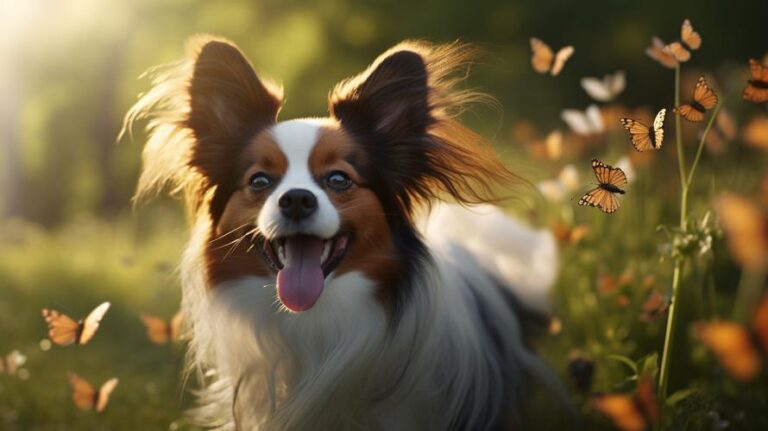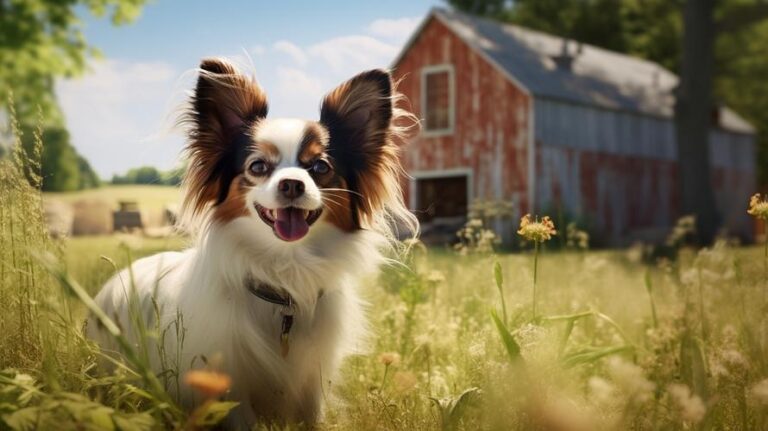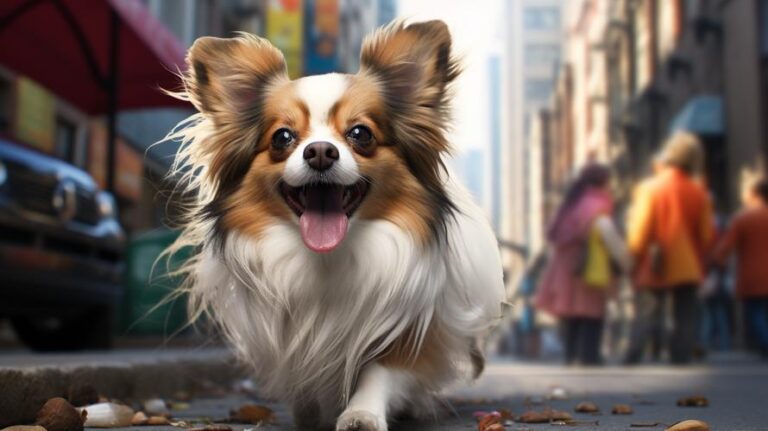What if you found out that your adorable Papillon’s diet could be playing a role in his overall health and well-being? Many pet parents are now shifting their focus towards grain-free diets. However, before we assent to this dietary trend, it’s essential to unravel the mystery behind grain-free diets and precisely how it impacts our feisty and vibrant Papillon friends.
Defining “grain-free” might appear straightforward – it suggests a diet free from grains. Yet, it’s more complicated than it appears. It’s a common misconception that grain-free pet food indicates a low carb diet. In reality, these foods occasionally contain carbohydrate levels comparable to or even higher than diets containing grains. Instead of grains, these diets utilize alternative carbohydrate sources like sweet potatoes, pumpkins, and peas.
The grain-free diet has been catapulted into popularity due to speculations hovering around potential grain allergies in dogs. Yet, studies reveal that food allergies account for only 10% of all allergy cases in dogs. A mere 10% of these cases are linked to grains. Yes, that means a mere 1% of all allergies in dogs are due to grains. So, you might be wondering, why go grain-free then?
Some studies suggest that domestic dogs have evolved from their wild wolf ancestors to digest starch more efficiently, which includes grain-based products. However, recent insights indicate a possibility that some dog breeds may benefit from grain-free diets. These include dogs with specific dietary sensitivities, or certain breed groups. You may now be wondering whether your Papillon falls into one of these special categories.
The Papillon, a dog breed known for its butterfly-like ears, belongs to the toy breed group. Notoriously energetic, these little ones have a high metabolic rate which means they burn calories quickly. Therefore, correctly balancing their nutritional requirements is key to maintain their health and vitality.
Papillons require a diet rich in protein to support their high energy requirements. Protein essentially plays a role in every single function of a dog’s body. It aids energy production, supports the immune system, and helps repair and build body tissues.
Fats, or more precisely, certain types of fats are also crucial for Papillons. Omega-3 and Omega-6 fatty acids, which are found in fish oils and flaxseed, are great for promoting a glossy coat and healthy skin. They also boost immune health, regulate blood pressure, and reduce inflammation.
The one component that is often subjected to scrutiny is carbohydrates. Carbohydrates provide an additional source of energy. However, not all carbs are created equal. Complex carbs, as opposed to simple carbs, are advisable due to their higher fiber content. With this basic understanding of a Papillon’s diet, what then does going grain-free imply?
Grain-free diets do not eliminate carbs. Instead, they replace grains with other carbohydrates. The benefit here is that the new sources such as sweet potatoes or peas are gluten-free, and have lower glycemic indexes than grain-based carbs. This implies that they release energy slowly and steadily, unlike grain-based carbs which release energy quickly leading to a sugar spike. For a hyperactive breed like the Papillon, a steady energy supply could potentially be beneficial.
Another crucial aspect to consider is the quality of grains your Papillon is consuming. Not all grains are bad. Whole grains like quinoa, barley or brown rice are packed with beneficial nutrients. They are also excellent sources of fibre which can aid in digestion. On the flip side, diets laden with fillers and artificial additives can result in adverse health effects.
Hence, the question shouldn’t be if a Papillon should eat grain-free but rather what quality of grains or alternative carbs it is consuming. The golden rule here is to provide a balanced and wholesome diet to your Papillon. This doesn’t necessarily equate to a grain-free diet, but instead focuses on high-quality ingredients with the right nutrients.
The different ingredients companies use within dog food can have significant impacts on your dog’s health. Therefore, deciphering the ingredient list, consulting with your vet, and understanding the individual needs of your Papillon should be the roadmap to deciding what goes into your pet’s diet, grain-free or not.
Here’s a piece of friendly advice – some things are better decided by professionals. So, if you’re planning to switch your Papillon’s diet, always, always consult your vet. Remember, each dog is unique, and so is their dietary requirement. Therefore, a perfect diet for one might not necessarily be suitable for another. As a pet parent, the ultimate goal is to ensure your Papillon thrives – healthy, happy, and full of life!
To conclude, the incessant wagging of that tiny tail, the unbound joy in those sparkling eyes, the unconditional love they offer…our pets undeniably deserve the best. And food, being a fundamental part of their well-being, should entail nothing less than the best. Whether that includes grains or not, is worth some deep and calculated consideration.



